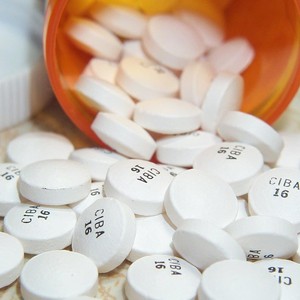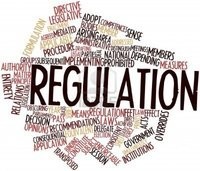In what seems to be a bit of a turnaround for the US Federal Trade Commission (FTC), the agency has released a report which suggests that authorized generics can reduce both retail and wholesale drug prices.
Opinion on authorized generics is split, with some believing that they are pro-competitive – offering drugs to consumers at lower prices than the brand-name product. Others, however, believe that authorized generics harm competition by drawing revenues away from generics firms during the 180-day exclusivity period provided for the first-to-file. This report from the FTC finds that authorized generics modestly reduce drug prices during the first 180 days of generics competition.
FTC has previously found that authorized generics may reduce generics competition [1], and in its defence this report also showed that the existence of an authorized generic drug may affect the expected profits of generics competitors and may therefore influence generics companies’ decisions of whether to challenge patents on brand-name drugs. However, this final report, which follows on from the FTC’s 2009 Authorized Generics: An Interim Report, concludes that, in spite of this, patent challenges by generics companies remain robust.
The report also found that some originator companies might have used agreements not to launch an authorized generic drug as a way to compensate would-be generics competitors for delaying entry into the market.
The FTC has campaigned for years to ban pay-for-delay patent litigation settlements, in which a brand-name drug manufacturer compensates generics competitors to delay entering the market. This report finding that promises by a branded firm not to market competing authorized generics are frequently present in pharmaceutical patent settlements. The FTC believes that such deals ‘are costing consumers and taxpayers US$3.5 billion a year in higher drug prices’ and delay generics entry by 17 months longer on average than those that do not include a payment [2].
FTC Chairman, Mr Jon Leibowitz concluded that ‘the clearest and most disturbing finding is that some brand[-name] companies may be using the threat of launching an authorized generic [drug] as a powerful inducement for generic[s] companies to delay bringing their drugs to market’.
Related articles
Is the end in sight for pay-for-delay?
Generics and biosimilars affected by Obama’s deficit plans
References
1. GaBI Online - Generics and Biosimilars Initiative. Authorised generics implicated in pay-to-delay deals [www.gabionline.net]. Mol, Belgium: Pro Pharma Communications International; [cited 2013 Sep 6]. Available from: www.gabionline.net/Pharma-News/Authorised-generics-implicated-in-pay-to-delay-deals
2. GaBI Online - Generics and Biosimilars Initiative. Pay-to-delay deals up by 60% in US [www.gabionline.net]. Mol, Belgium: Pro Pharma Communications International; [cited 2013 Sep 6]. Available from: www.gabionline.net/Pharma-News/Pay-to-delay-deals-up-by-60-in-US
Permission granted to reproduce for personal and non-commercial use only. All other reproduction, copy or reprinting of all or part of any ‘Content’ found on this website is strictly prohibited without the prior consent of the publisher. Contact the publisher to obtain permission before redistributing.
Copyright – Unless otherwise stated all contents of this website are © 2013 Pro Pharma Communications International. All Rights Reserved.








 0
0











Post your comment